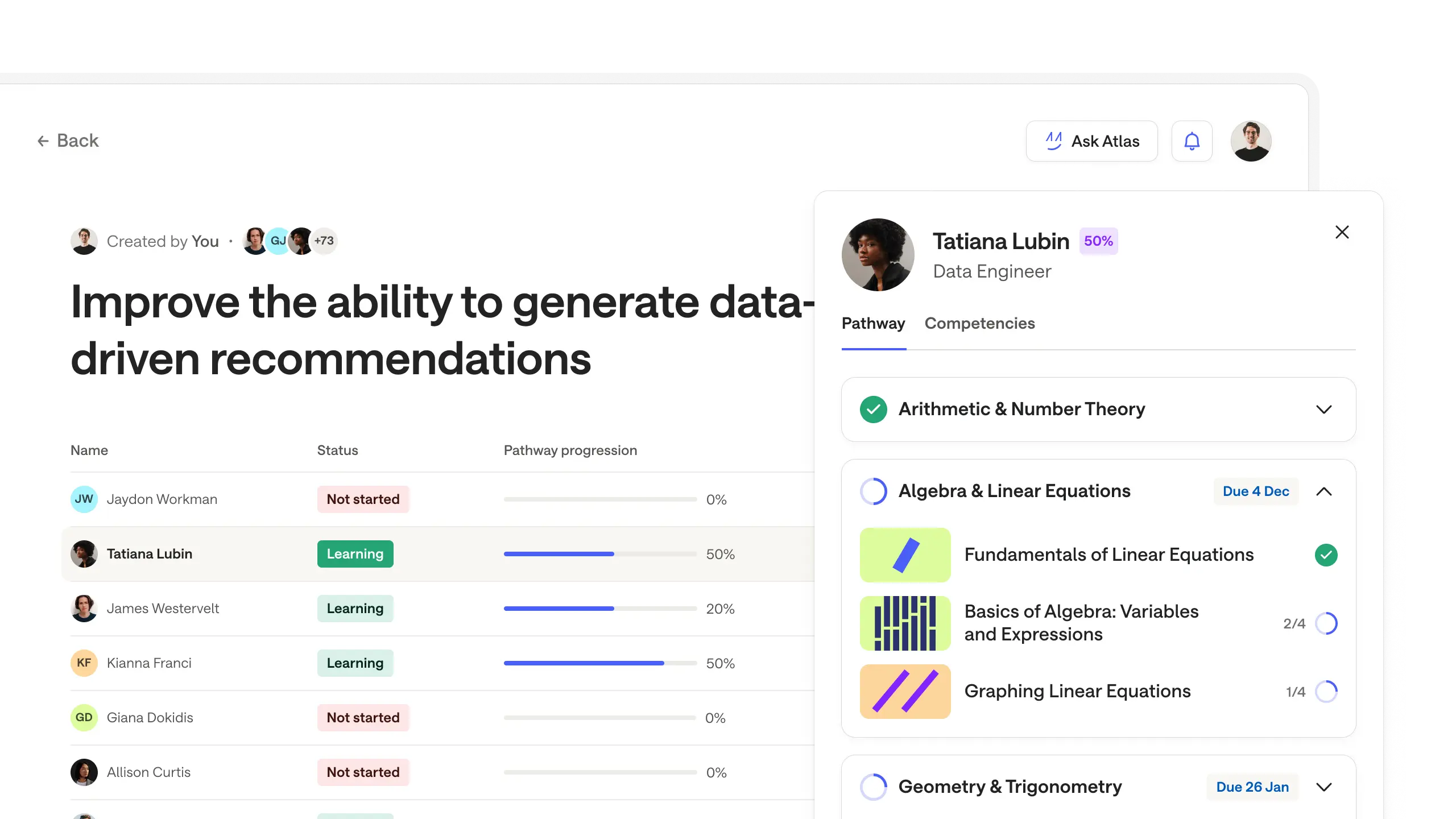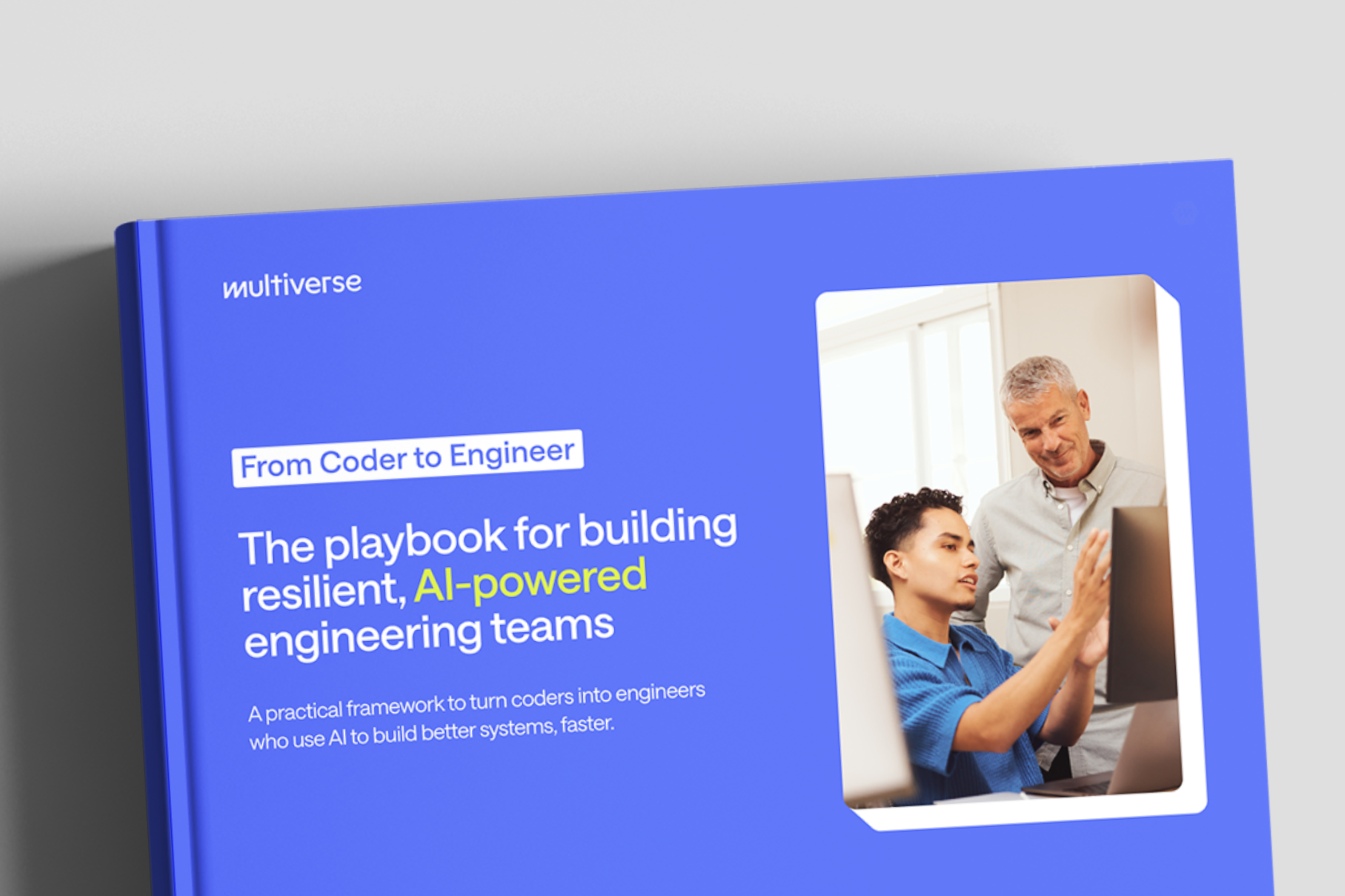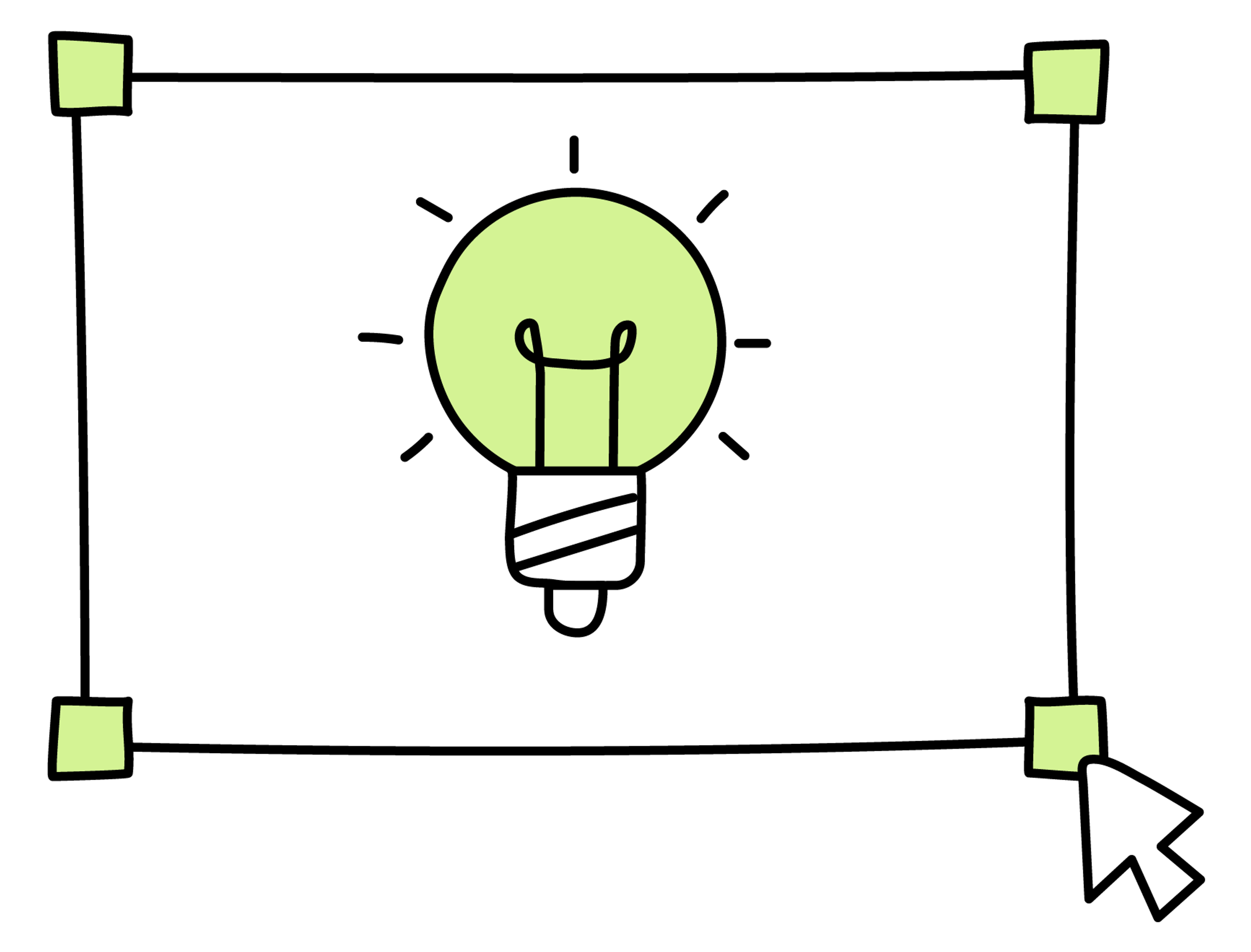Imagine yourself learning a new language from a book. After a few weeks, you realise that you’re having trouble remembering the words and phrases that you’ve read. Rather than feeling discouraged, you take a moment to reflect on the effectiveness of your approach to learning. You realise that simply reading and re-reading isn’t helping you remember what you’re learning.
This might sound simple, but this internal monitoring process is an incredibly powerful skill that we all possess: metacognition.
What is metacognition?
In essence, metacognition is thinking about your own thinking. It involves observing your thought patterns, tracking your attention, identifying areas where your knowledge may be lacking, and using these insights to bolster how you learn and retain new information. It relies on three main elements; metacognitive knowledge, skills, and experiences. Metacognitive knowledge entails understanding how you think, while skills are about knowing how to regulate your learning. Experiences, on the other hand, involve thinking about and adjusting your approach to learning in the moment. Let's take the example of learning a new language again. If you ever feel that you're not taking in the content from a book, your metacognitive skills and experiences are kicking in, nudging you to make a change.
“Metacognition is at the root of all learning” - James Zull (2011)"
Why does metacognition matter? Well, it arms you with the power to steer your own learning. Having a deeper understanding of our cognitive processes enables us to adjust our learning strategies to get better results. Let's face it, if you find that absorbing information from a book isn't working for you, wouldn't it be better to explore other methods such as interactive practice?
There is a wealth of literature to show that engaging in metacognitive practices can enhance learning outcomes (Akyol & Garrison, 2011; Anthonysamy, 2021; Stanton, Sebesta & Dunlosky, 2021). Learners who set clear learning goals, track progress, and reflect on their learning experiences can improve their acquisition of new knowledge and skills (Efklides, 2011). In addition, metacognition plays a crucial role in fostering a deeper understanding and mastery of new concepts as well as critical thinking (Shea & Frith, 2019; Wozniak, 2015). At Multiverse, we believe that encouraging our learners to reflect on how they think and learn allows them to take control of their own learning journey and build the skills needed to tackle complex challenges. This proactive approach to developing metacognitive abilities empowers our learners to solve problems and equips them with the cognitive tools needed to navigate the workplace.
The Multiverse Perspective
Our guided learning techniques nurture the metacognitive abilities of our learners, fostering a positive impact on their educational experiences, workplace performance, and everyday life skills.
Three examples of metacognitive practices used at Multiverse are:
- A proprietary metacognition assessment that is used to better identify where additional support is required for our learners
- Our expert tutors and AI-powered coach use the Socratic method to encourage learners to think critically and self-reflect, thus helping to enhance their analytical skills
- Regular progress reviews and self-reflection among learners, through peer-to-peer discussions and active reflection activities, facilitating continuous improvements in their learning experiences
To us, metacognition is a fundamental aspect of our pedagogical approach, arming learners with the necessary cognitive tools for success in a rapidly changing society.
Want to learn more about metacognition? We recommend reading:
- Anthonysamy, L. (2021). The use of metacognitive strategies for undisrupted online learning: Preparing university students in the age of pandemic. Education and information technologies, 26(6), 6881-6899.
- Akyol, Z., & Garrison, D. R. (2011). Assessing metacognition in an online community of inquiry. The Internet and higher education, 14(3), 183-190.
- Wozniak, K. (2015). Supporting Adult Learners' Metacognitive Development with a Sociotechnical System (Doctoral dissertation, DePaul University)
- Efklides, A. (2011). Interactions of metacognition with motivation and affect in self-regulated learning: The MASRL model. Educational psychologist, 46(1), 6-25
- Stanton, J. D., Sebesta, A. J., & Dunlosky, J. (2021). Fostering metacognition to support student learning and performance. CBE—Life Sciences Education, 20(2).
- Shea, N., & Frith, C. D. (2019). The global workspace needs metacognition. Trends in cognitive sciences, 23(7), 560-571
- Zull, J. E. (2011). From brain to mind: Using neuroscience to guide change in education. Routledge








